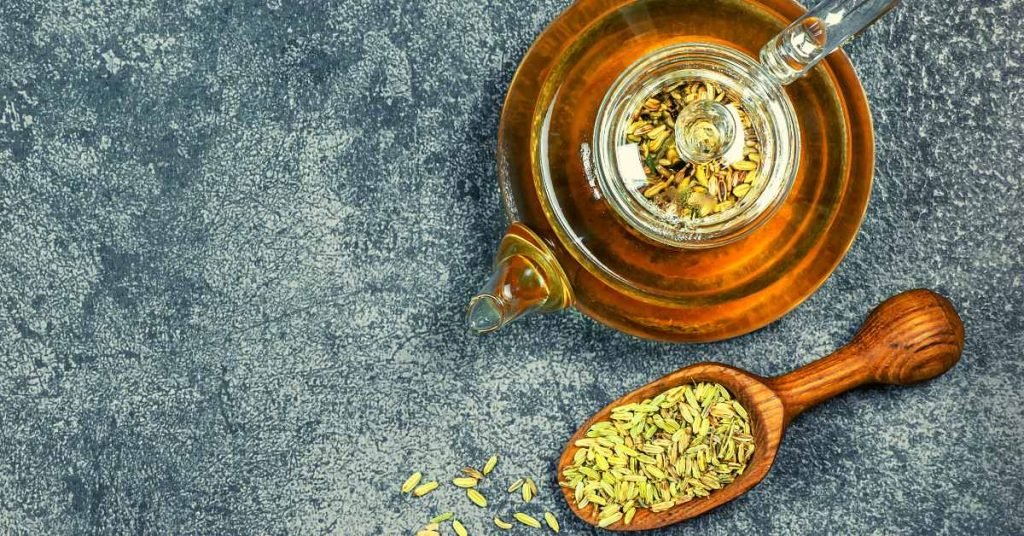Flatulence is a natural and common bodily function that results from the digestion process.
While passing gas is a normal part of life, excessive or uncomfortable flatulence can be bothersome.
Tea, with its diverse range of types and potential health benefits, has garnered attention for its role in promoting digestive health and alleviating gas-related discomfort.
Understanding Flatulence

Flatulence occurs when the body produces excess gas during the digestion of food.
This gas can be swallowed during eating or produced as a byproduct of the breakdown of food in the digestive system.
The primary gases responsible for flatulence include nitrogen, oxygen, carbon dioxide, methane, and small amounts of sulfur-containing compounds.
Common Causes of Excessive Flatulence
Dietary Factors:
- Certain foods are known to produce more gas during digestion. These include beans, lentils, cruciferous vegetables, dairy products, carbonated beverages, and artificial sweeteners.
Bacterial Fermentation:
- The bacteria in the colon play a crucial role in breaking down undigested food, producing gases as byproducts. An imbalance in the gut microbiota can lead to excessive gas production.
Swallowing Air:

- Eating too quickly, drinking through a straw, or chewing gum can lead to the swallowing of air, contributing to increased flatulence.
Digestive Disorders:
- Conditions such as lactose intolerance, irritable bowel syndrome (IBS, and celiac disease can cause excessive gas.
Tea and Digestive Health
Tea, a beverage enjoyed worldwide, has been linked to various health benefits, including those related to digestion. While research is ongoing, certain types of tea and their components have been explored for their potential to alleviate digestive discomfort, including excessive flatulence.
Peppermint Tea:
- Peppermint tea contains menthol, which has been shown to relax the muscles of the gastrointestinal tract. This relaxation may help ease the passage of gas and alleviate bloating.
- Studies have suggested that peppermint oil, a key component of peppermint tea, may have anti-spasmodic effects, potentially reducing symptoms associated with gastrointestinal issues.
Ginger Tea:
- Ginger has a long history of use in traditional medicine for digestive issues. Ginger tea may help stimulate digestion, reduce inflammation, and alleviate gas-related discomfort.
- Some research indicates that ginger may accelerate gastric emptying, potentially preventing the buildup of gas in the digestive system.
Fennel Tea:

- Fennel has been traditionally used to alleviate digestive issues, including bloating and gas. Fennel tea may help relax the muscles in the gastrointestinal tract, promoting the expulsion of gas.
- The compound anethole in fennel has been studied for its potential anti-inflammatory and anti-spasmodic effects on the digestive system.
Chamomile Tea:
- Chamomile tea is known for its calming properties, and it may help relax the digestive muscles, reducing discomfort associated with excessive gas.
- Chamomile’s anti-inflammatory effects may also contribute to a soothing effect on the gastrointestinal tract.
Practical Considerations
Hydration and Moderation:
- Staying well-hydrated is crucial for digestion. While herbal teas contribute to hydration, it’s essential to consume them in moderation.
Individual Variability:
- The effectiveness of tea in managing flatulence may vary from person to person. It’s important to pay attention to individual responses and choose teas that suit one’s preferences and tolerances.
Cautions and Allergies:

- Individuals with known allergies to certain herbs or plants should exercise caution. If there are concerns or pre-existing health conditions, consulting with a healthcare professional is advisable.
Final Word
Tea, with its diverse range of flavors and potential health benefits, can be a gentle and enjoyable addition to a strategy for managing excessive flatulence.
While certain types of tea, such as peppermint, ginger, fennel, and chamomile, have been associated with digestive health benefits, individual responses may vary.
As with any health-related concern, it’s essential to approach the issue holistically, considering dietary choices, and lifestyle factors, and, if necessary, seeking advice from healthcare professionals.
Ultimately, tea can play a flavorful role in promoting digestive comfort and mitigating the discomfort associated with excessive gas.
MEDICAL DISCLAIMER
Itsnevernotteatime.com cannot and does not contain medical/health advice. The medical/health information is provided for general and educational purposes only and is not a substitute for professional advice.




